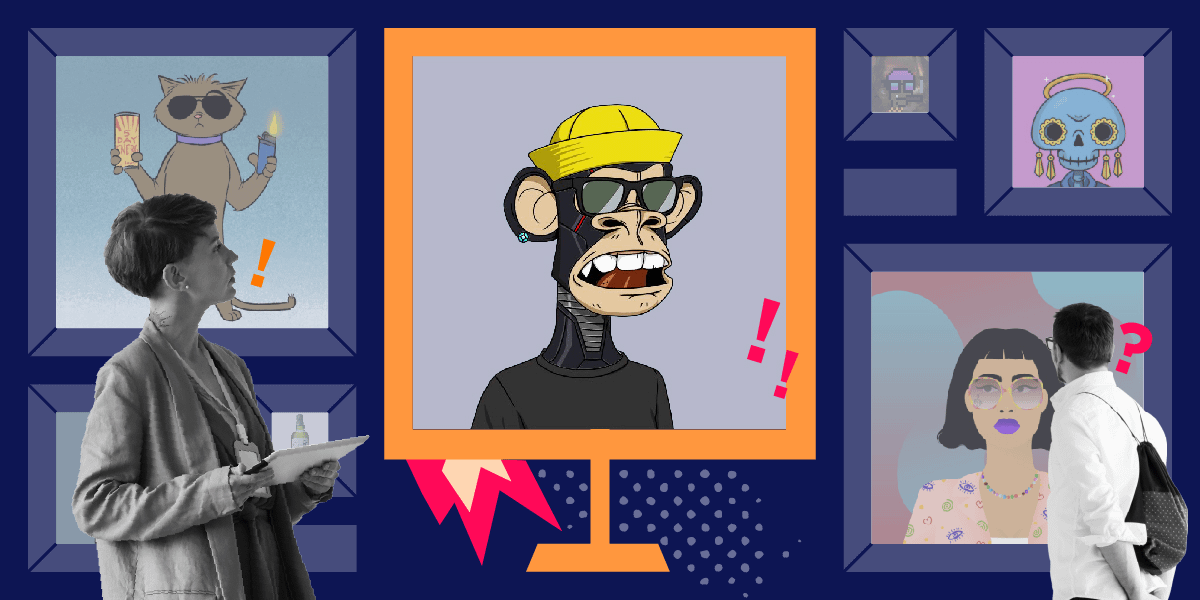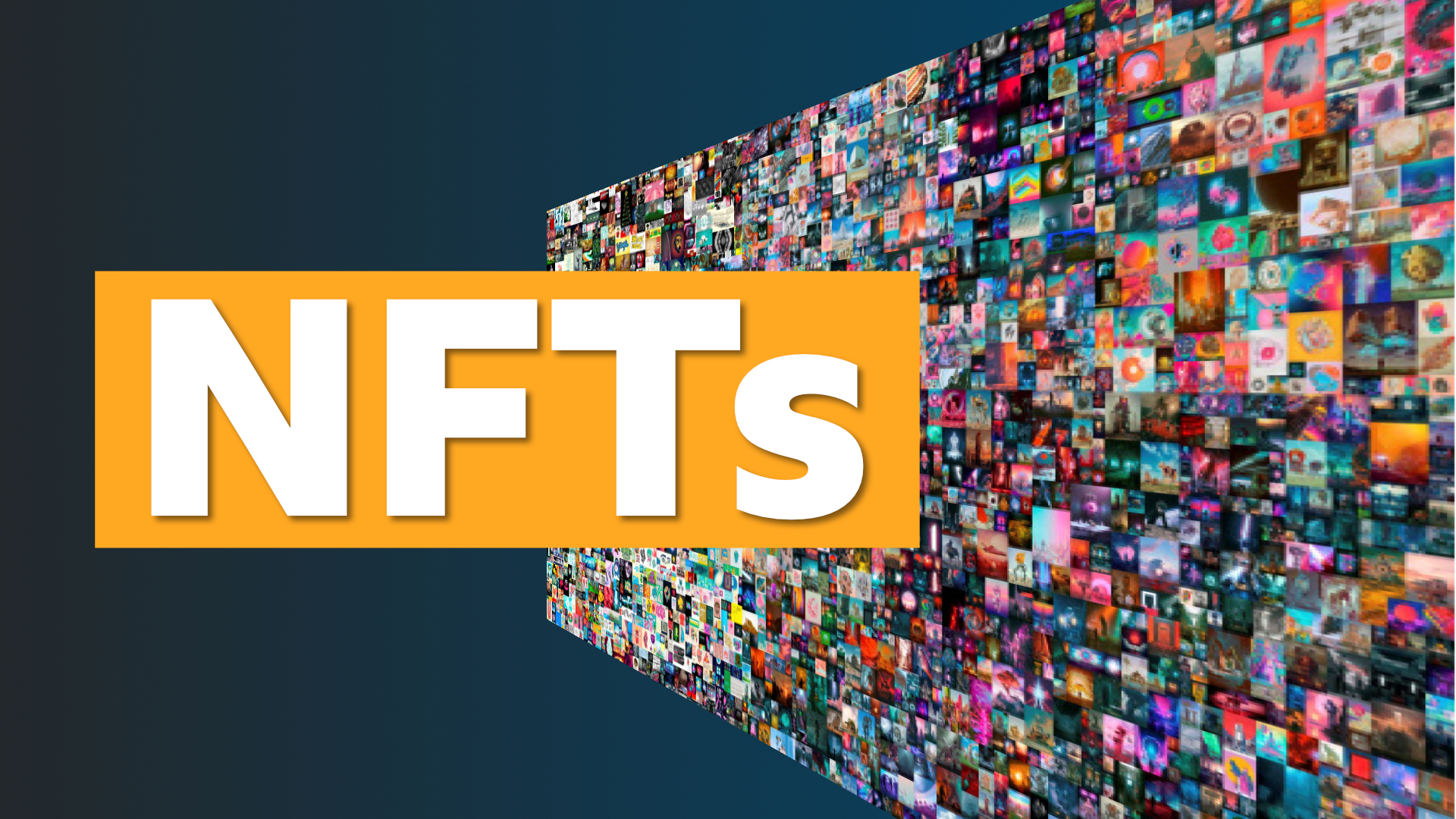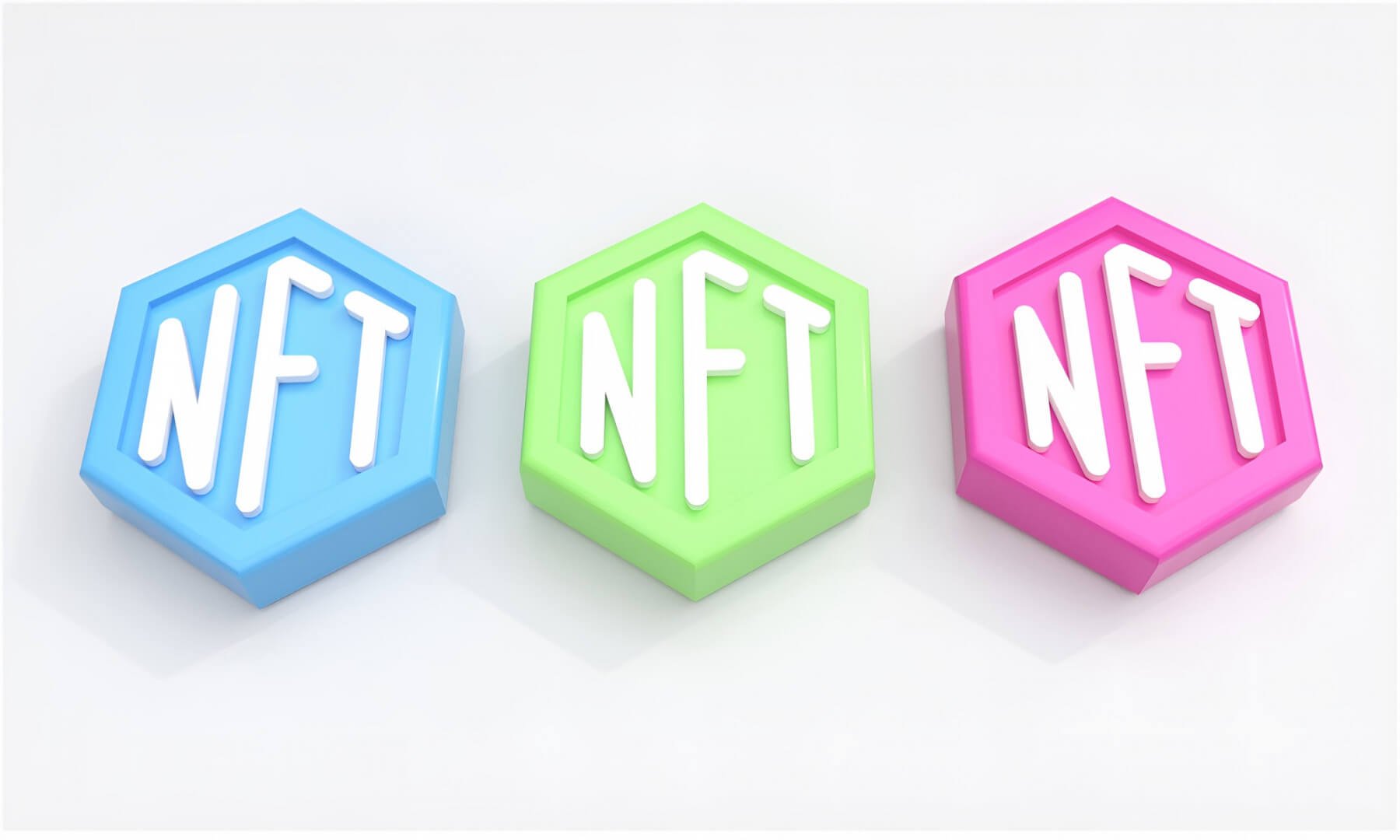Deep Review on NFTs For All Degens
Introduction
Non-fungible tokens (NFTs) have taken the digital world by storm, revolutionizing the way we perceive and exchange digital assets. In this deep review, we will explore the concept of NFTs, their implications, benefits, challenges, and potential future developments.
What are NFTs?
NFTs are unique digital tokens that represent ownership or proof of authenticity of a specific asset, such as art, music, videos, collectibles, and more. Unlike cryptocurrencies like Bitcoin or Ethereum, each NFT is distinct and cannot be exchanged on a one-to-one basis due to their unique attributes.
Implications of NFTs
- Ownership and Authenticity: NFTs provide a secure and transparent way to verify ownership and authenticity of digital assets, eliminating issues related to counterfeit products and intellectual property theft.
- Monetization of Digital Assets: Artists, creators, and content developers can monetize their work directly through the sale of NFTs, bypassing traditional intermediaries and gaining more control over their revenue streams.
- Collectibles and Digital Ownership: NFTs have opened up a new market for digital : collectibles, enabling enthusiasts to own and trade unique digital items in a decentralized and secure manner.

Benefits of NFTs
- Decentralization: NFTs are built on blockchain technology, ensuring decentralization, transparency, and immutability of ownership records.
- Interoperability: NFTs can be easily exchanged across different platforms and marketplaces, promoting interoperability and expanding the reach of digital assets to a global audience.
- Programmability: Smart contracts associated with NFTs enable programmable features such as royalties, resale rights, and automated transactions, providing additional benefits to creators and owners.

Challenges of NFTs
- Environmental Impact: The energy consumption of blockchain networks used for minting and trading NFTs has raised concerns about their environmental sustainability.
- Copyright and Intellectual Property Issues: The ownership and licensing of digital assets represented by NFTs can lead to legal disputes and challenges related to copyright infringement and intellectual property rights.
- Market Volatility: The NFT market is highly speculative and volatile, with prices fluctuating rapidly and potential risks for investors and collectors.

Future Developments
- Integration with Virtual Reality (VR) and Augmented Reality (AR): NFTs could be integrated with VR and AR technologies to create immersive digital experiences and enhance the value of digital assets.
- Governance and Standards: Establishing industry standards and governance frameworks for NFTs could promote trust, interoperability, and sustainability within the ecosystem.
- Use Cases in Real-World Applications: NFTs have the potential to be applied in various industries beyond art and collectibles, such as real estate, gaming, education, and identity verification.

NFTs Global Accessibility
NFTs have the potential to enhance global accessibility to various assets and opportunities in the digital economy. Here are some ways in which NFTs can contribute to global accessibility:
- Ownership and Transferability: NFTs allow individuals from anywhere in the world to own and transfer unique digital assets without the need for intermediaries. This can democratize access to assets that were previously restricted by geographical or financial barriers.
- Fractional Ownership: NFTs can be divided into smaller fractions, enabling individuals with limited resources to invest in high-value assets collaboratively. This opens up new investment opportunities for a broader range of participants.
- Cultural Inclusivity: NFTs provide a platform for creators from diverse backgrounds to showcase their work and reach a global audience. This can help promote cultural exchange and appreciation across borders.
- Financial Inclusion: NFTs can serve as a gateway to financial inclusion by allowing individuals without traditional banking access to participate in the digital economy through asset ownership, trading, and investment.
- Immutable Proof of Ownership: The blockchain technology underlying NFTs offers a transparent and immutable record of ownership, ensuring trust and security in transactions. This can benefit individuals in regions with less stable legal systems or property rights.

Conclusion
NFTs have unlocked new opportunities for creators, collectors, and investors in the digital economy. However, it is essential to address the challenges surrounding environmental impact, legal issues, and market volatility to ensure the long-term viability and growth of the NFT ecosystem. By embracing innovation, collaboration, and responsible practices, the future of NFTs holds immense potential for reshaping the way we create, own, and interact with digital assets.
Overall, NFTs have the potential to break down barriers and create new opportunities for global participation in the digital economy. However, it is crucial to address challenges such as energy consumption, scalability, and regulatory compliance to maximize the positive impact of NFTs on global accessibility.
























![[LIVE] Engage2Earn: Veterans Affairs Labor repairs](https://cdn.bulbapp.io/frontend/images/1cbacfad-83d7-45aa-8b66-bde121dd44af/1)




